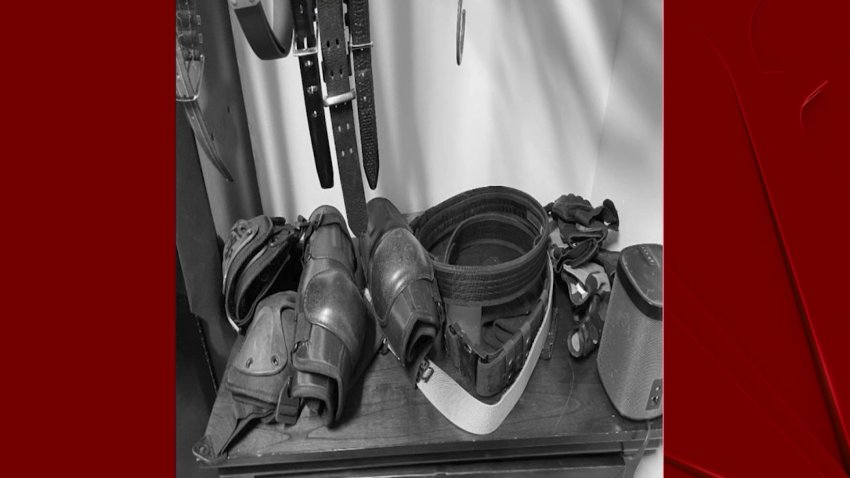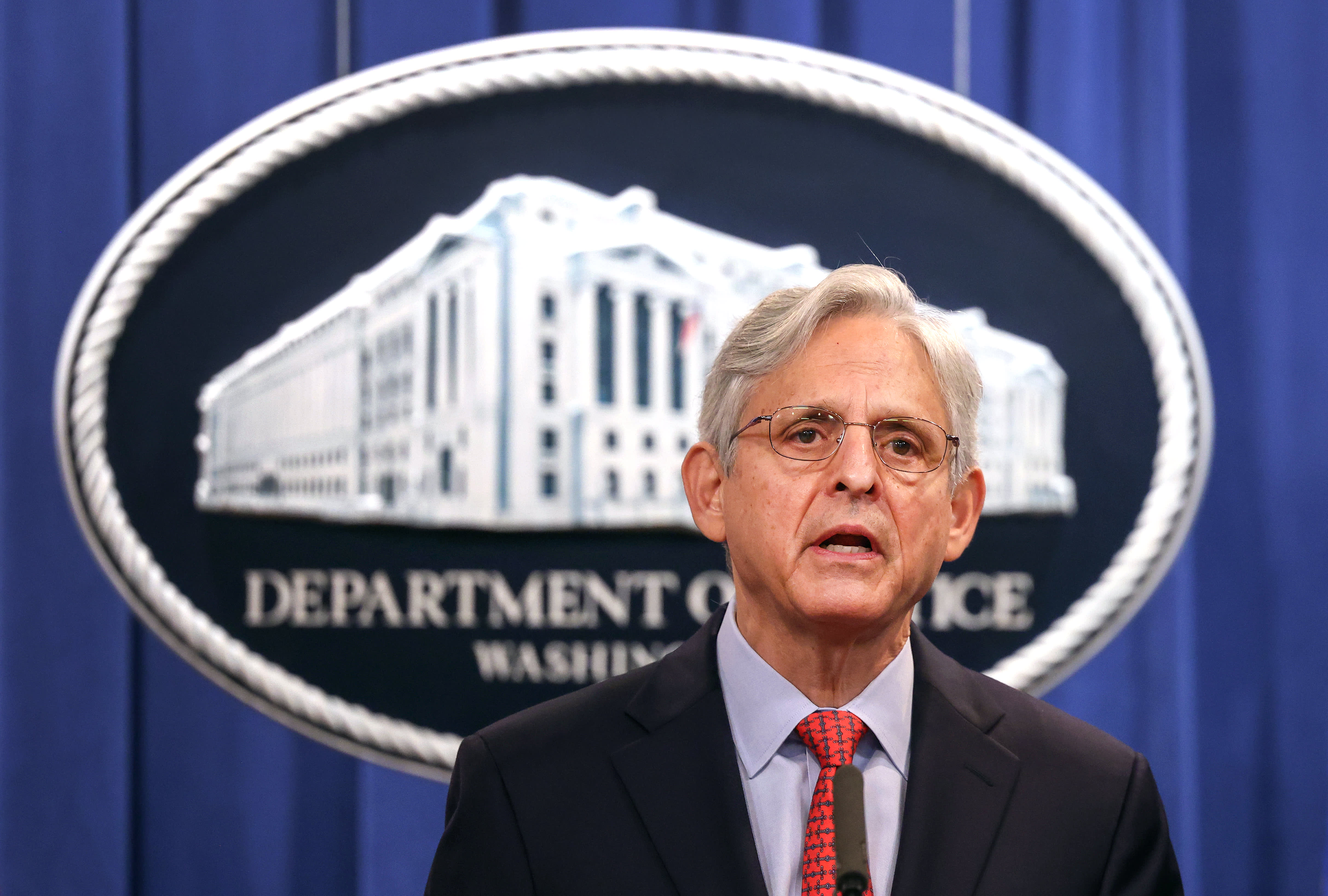Two men accused of posing as federal law enforcement officers in Washington, D.C., were granted bail and must stay with relatives in the region until their trial, a judge ruled on Tuesday. But prosecutors plan to appeal the decision Wednesday morning.
Arian Taherzadeh, 40, and Haider Ali, 35, were arrested last week. The FBI raided a luxury apartment building in Southeast Washington, where the men were staying and had been offering free apartments and other gifts to U.S. Secret Service agents and officers, prosecutors said.
Magistrate Judge Michael Harvey said Taherzadeh and Ali can be released on bail and must stay with relatives in the area.
The case doesn’t meet any of the standards for denying bail, Harvey said. The charged crime, pretending to be police officers, is not a violent crime.
We've got the news you need to know to start your day. Sign up for the First & 4Most morning newsletter — delivered to your inbox daily. Sign up here.
The government said Ali was a flight risk, but the judge said there’s no evidence that any foreign power was trying to target Secret Service agents.
Minutes after Harvey ordered the suspects be released on what's called "high intensity supervision" the prosecutor asked for an appeal.
Harvey granted a stay until 9 a.m. Wednesday, when the chief judge will hear the prosecution's appeal for no bond in the case.
If the appeal fails, the Taherzadeh and Ali must stay with relatives in the area until trail and wear GPS ankle monitors.
Prosecutors have argued the men compromised four Secret Service agents and could pose a risk to national security.
However, defense attorneys said the government was overreacting and there was no evidence the men were involved in any nefarious scheme.
Taherzadeh and Ali appeared in front of Judge Harvey via a video call Tuesday.
When asked if Ali was a citizen of Pakistan, Ali's attorney told Harvey he was not.
Harvey also asked if other law enforcement officers were compromised, to which the prosecutor said Taherzadeh had contact with a DHS analyst and a Naval intelligence officer. The officer was so concerned about the contact that he reported it to NCIS, the prosecutor said.
The prosecutor also told the judge the FBI is investigating whether the gifts the two men are accused of giving to agents — including a drone, a flat screen TV and free rent at a luxury apartment — were part of a bribe. At this time, there's no evidence of that, the prosecutor said.
Defense attorneys for both men argued that they don't pose a danger to the public and they're not currently charged with any violent crimes.
On Monday, Taherzadeh's lawyer described what happened as an "embarrassing misrepresentation that got out of control" and said he acted out of a "desire for friendship, not to influence anyone." Taherzadeh never asked for anything from the officers he befriended, the lawyer said.
Meanwhile, Ali’s attorney said Ali was never convicted in his previous arrests, that he offered to turn himself in and that prosecutors are trying to conflate the two men.
The two men were tipped off to the investigation when an internal affairs investigator with the Secret Service emailed Taherzadeh looking for information after the Secret Service officers were put on administrative leave last week, the prosecutor said.
The FBI searched five residences at the building on Wednesday and three vehicles. They found body armor, gas masks, zip ties, handcuffs, equipment to break through doors, drones, radios and police training manuals, prosecutors previously said.
The two men also had surveillance equipment and a high-power telescope, according to prosecutors.
The FBI also found several firearms — including handguns and ammunition — and disassembled rifle pieces and sniper scopes, prosecutors said.
Prosecutors said FBI agents also found a machine to create and program personal identification verification cards, which, if programmed correctly, can be used to access sensitive law enforcement computers.
Prosecutors allege Taherzadeh and Ali had falsely claimed to work for the Department of Homeland Security and work on a special task force investigating gangs and violence connected to the Jan. 6 insurrection at the U.S. Capitol.
The plot unraveled when the U.S. Postal Inspection Service began investigating an assault involving a mail carrier at the apartment building and the men identified themselves as being part of a phony Homeland Security unit they called the U.S. Special Police Investigation Unit, prosecutors said.
Investigators believe Ali had taken multiple trips to the Middle East and had three visas showing he had been to Pakistan and two Iranian visas, Rothstein said. U.S. travel records also showed he had traveled to Istanbul, Turkey and Doha in Qatar, he said.



